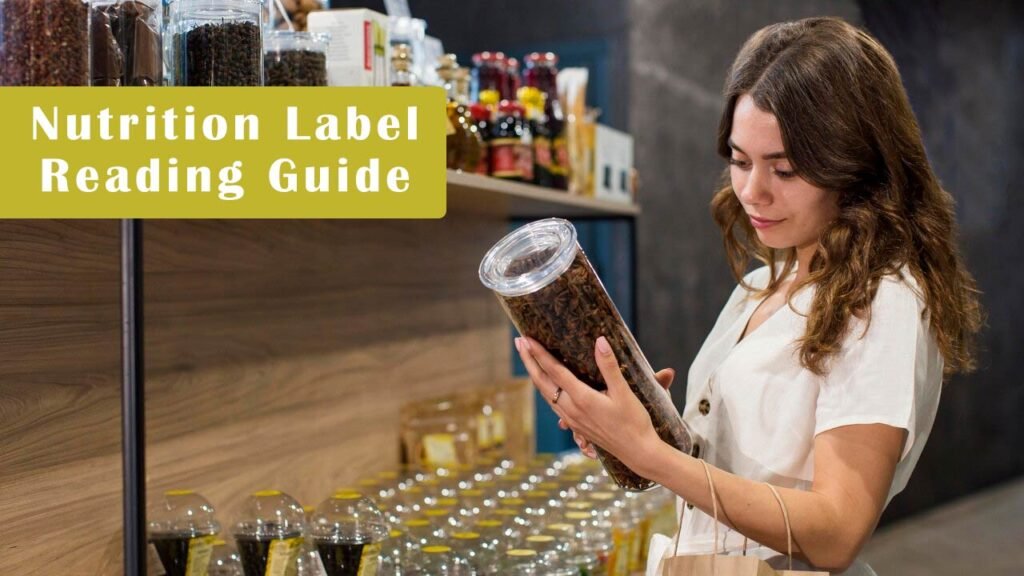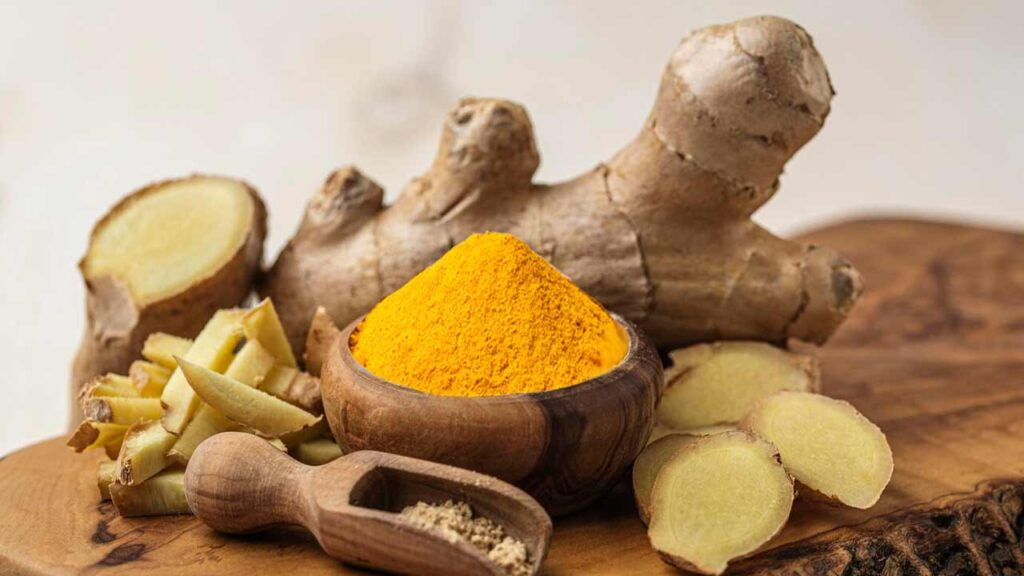Korean beauty culture extends far beyond skincare products. The quest for youthful vitality in Korea includes a deep-rooted tradition of consuming specific beverages believed to slow the aging process. These drinks combine ancient wisdom with modern nutritional science to support healthy aging from within.
Korean anti-aging drinks represent centuries of traditional knowledge about maintaining health and longevity. From antioxidant-rich teas to fermented beverages packed with probiotics, these drinks offer natural approaches to supporting cellular health and promoting a youthful appearance.
This comprehensive guide explores five popular Korean anti-aging drinks, their health benefits, and how you can incorporate them into your daily routine for optimal wellness and longevity.
The Science Behind Korean Anti-Aging Beverages
Korean traditional medicine emphasizes balance and prevention rather than treatment. This philosophy extends to anti-aging practices, where specific beverages are consumed regularly to maintain health and vitality over time.
These drinks typically contain high concentrations of antioxidants, vitamins, minerals, and bioactive compounds that support cellular regeneration and protect against oxidative stress. The anti-aging properties come from ingredients like green tea catechins, fermented compounds, and plant-based polyphenols.
Research supports many of the traditional claims about these beverages. Studies have shown that regular consumption of antioxidant-rich drinks can help reduce inflammation, support immune function, and protect against age-related cellular damage.
Korean Green Tea (Nokcha): The Antioxidant Powerhouse
Korean green tea, known as nokcha, stands as one of the most revered anti-aging beverages in Korean culture. Unlike Chinese or Japanese varieties, Korean green tea offers a unique flavor profile and potent health benefits.
Health Benefits and Anti-Aging Properties
Korean green tea contains high levels of catechins, particularly epigallocatechin gallate (EGCG), which provides powerful antioxidant protection. These compounds help neutralize free radicals that contribute to cellular aging and skin damage.
Regular consumption of nokcha may help improve skin elasticity, reduce fine lines, and promote a healthy complexion. The polyphenols in green tea also support cardiovascular health and may help maintain cognitive function as we age.
Preparation and Consumption Tips
To maximize the anti-aging benefits of Korean green tea, brew it at a temperature between 160-180°F (70-80°C). Steep for 2-3 minutes to extract optimal nutrients without creating bitterness. Koreans typically consume 3-4 cups daily, spacing them throughout the day for consistent antioxidant intake.
Makgeolli: The Probiotic Fermented Rice Wine
Makgeolli, a traditional Korean fermented rice wine, offers unique anti-aging benefits through its probiotic content and nutrient profile. This cloudy, slightly sweet beverage has been consumed for over 2,000 years and remains popular for its health-promoting properties.
Fermentation Benefits for Longevity
The fermentation process that creates makgeolli produces beneficial bacteria and yeasts that support gut health. A healthy gut microbiome is increasingly recognized as crucial for overall wellness and healthy aging.
Makgeolli contains amino acids, vitamins, and minerals that support cellular function and energy production. The drink also provides B vitamins, which are essential for maintaining healthy skin, hair, and nervous system function.
Nutritional Profile and Consumption Guidelines
Traditional makgeolli contains approximately 6-8% alcohol by volume and should be consumed in moderation. Korean health practitioners recommend limiting intake to one small cup (about 100ml) daily to gain probiotic benefits without excessive alcohol consumption.
Omija Tea: The Five-Flavor Berry Elixir
Omija tea, made from Schisandra chinensis berries, represents one of Korea’s most prized anti-aging beverages. The name “omija” means “five flavors,” referring to the berry’s unique combination of sweet, sour, salty, bitter, and pungent tastes.
Adaptogenic Properties and Stress Reduction
Omija berries are classified as adaptogens, meaning they help the body manage stress and maintain homeostasis. Chronic stress accelerates aging processes, making stress management crucial for longevity.
The berries contain lignans, organic acids, and essential oils that support liver function and help the body eliminate toxins. This detoxification process is essential for maintaining cellular health and preventing age-related deterioration.
Preparation Methods and Optimal Timing
Omija tea can be prepared by steeping dried berries in hot water for 10-15 minutes or by creating a cold infusion over several hours. Many Koreans prefer the cold preparation method, which creates a refreshing drink with a beautiful pink color.
For maximum anti-aging benefits, consume omija tea in the morning or early afternoon. The adaptogenic properties work best when the body’s natural cortisol levels are higher, typically earlier in the day.
Bori-cha: Roasted Barley Tea Benefits
Bori-cha, or roasted barley tea, serves as Korea’s most common everyday beverage and offers subtle but significant anti-aging benefits. This caffeine-free drink provides hydration while delivering essential nutrients and antioxidants.
Antioxidant Content and Cellular Protection
Roasted barley contains selenium, copper, and other minerals that support antioxidant enzyme function in the body. These enzymes help protect cells from oxidative damage and support healthy aging processes.
The tea also provides soluble fiber, which supports digestive health and helps maintain stable blood sugar levels. Stable blood sugar is important for preventing glycation, a process that accelerates skin aging and cellular damage.
Daily Consumption Recommendations
Bori-cha can be consumed throughout the day as a replacement for water. Many Korean families prepare large batches and drink it cold during summer months or warm during winter. The mild, nutty flavor makes it suitable for all ages and dietary restrictions.
Ssanghwa-cha: The Traditional Herbal Tonic
Ssanghwa-cha represents Korea’s most complex anti-aging beverage, combining multiple herbs and roots into a potent health tonic. This traditional drink is particularly popular during winter months and times of increased stress or fatigue.
Herbal Ingredients and Their Properties
Traditional ssanghwa-cha contains ingredients like ginseng, jujube, cinnamon, ginger, and licorice root. Each component contributes specific health benefits, from immune support to circulation improvement.
Ginseng provides adaptogens that help manage stress and support energy levels. Jujube offers vitamin C and antioxidants, while cinnamon provides anti-inflammatory compounds. The combination creates a synergistic effect that supports overall health and longevity.
Preparation and Seasonal Consumption
Ssanghwa-cha requires longer preparation time, typically involving simmering herbs for 1-2 hours to extract maximum nutrients. Many Korean families prepare large batches and consume the concentrated liquid diluted with hot water.
This tonic is traditionally consumed during colder months or periods of increased physical or mental stress. The warming properties and nutrient density make it ideal for supporting the body during challenging times.
Incorporating Korean Anti-Aging Drinks into Your Routine
Successfully integrating these beverages into your daily routine requires planning and consistency. Start by choosing one or two drinks that appeal to your taste preferences and lifestyle needs.
Creating a Balanced Beverage Schedule
Consider your daily routine and caffeine sensitivity when scheduling these drinks. Green tea works well in the morning, while caffeine-free options like bori-cha can be consumed throughout the day. Reserve stronger tonics like ssanghwa-cha for evening consumption.
Rotate different beverages throughout the week to ensure varied nutrient intake. This approach prevents boredom and provides comprehensive antioxidant and nutrient support for healthy aging.
Sourcing Quality Ingredients
Quality matters significantly when choosing anti-aging beverages. Look for organic, traditionally processed ingredients when possible. Korean specialty stores often carry authentic products, while online retailers provide convenient access to harder-to-find items.
Store ingredients properly to maintain their potency and flavor. Keep dried herbs and teas in airtight containers away from light and moisture. Fresh makgeolli should be consumed within a few days of opening.
Maximizing the Anti-Aging Benefits
To maximize the anti-aging benefits of these Korean beverages, consistency is key. Regular consumption over time provides cumulative benefits that support long-term health and vitality.
Lifestyle Factors That Enhance Effectiveness
Combine these beverages with other healthy lifestyle practices for optimal results. Regular exercise, adequate sleep, and stress management all support the anti-aging effects of these drinks.
Avoid consuming these beverages with meals high in iron, as tannins in tea can inhibit iron absorption. Space consumption at least one hour before or after iron-rich meals for optimal nutrient absorption.
Monitoring Your Progress
Keep track of how you feel after incorporating these beverages into your routine. Many people report improved energy levels, better skin appearance, and enhanced overall well-being within several weeks of regular consumption.
Take photos to document any changes in skin appearance over time. While anti-aging benefits may be subtle initially, consistent consumption often produces noticeable improvements in skin texture and overall vitality.
Embracing Korean Wisdom for Healthy Aging
Korean anti-aging drinks offer a natural, time-tested approach to supporting healthy aging and maintaining vitality. These beverages provide more than just hydration—they deliver concentrated nutrients, antioxidants, and bioactive compounds that support cellular health and longevity.
The key to success lies in consistency and quality. Choose beverages that fit your lifestyle and taste preferences, source high-quality ingredients, and maintain regular consumption patterns. Remember that these drinks work best as part of a comprehensive approach to healthy aging that includes proper nutrition, regular exercise, and stress management.
Start your journey with one or two beverages that appeal to you most. As you experience their benefits, you can gradually expand your repertoire to include other options. The ancient wisdom of Korean anti-aging practices, combined with modern understanding of nutrition and health, provides a powerful foundation for maintaining youthful vitality throughout your life.
FAQs
Are Korean anti-aging drinks safe for everyone?
Most Korean anti-aging drinks are safe for healthy adults when consumed in moderation. However, people with specific health conditions, pregnant women, and those taking medications should consult healthcare providers before adding new beverages to their routine.
How long does it take to see anti-aging benefits?
Individual results vary, but many people report increased energy and improved skin appearance within 2-4 weeks of regular consumption. More significant anti-aging benefits typically become apparent after 2-3 months of consistent use.
Can these drinks replace my skincare routine?
Korean anti-aging drinks complement but don’t replace topical skincare products. They work from within to support cellular health, while skincare products provide external protection and treatment.
Where can I buy authentic Korean anti-aging drink ingredients?
Korean grocery stores, specialty tea shops, and online retailers offer authentic ingredients. Look for reputable suppliers who provide information about sourcing and processing methods.
How much should I drink daily for optimal benefits?
Recommended amounts vary by beverage type. Green tea: 3-4 cups daily; makgeolli: 100ml daily; omija tea: 1-2 cups daily; bori-cha: unlimited; ssanghwa-cha: follow package instructions or consult a practitioner.
Are there any side effects to consider?
Side effects are generally mild and may include caffeine sensitivity from green tea or digestive changes when first introducing fermented beverages. Start with small amounts and gradually increase consumption.









